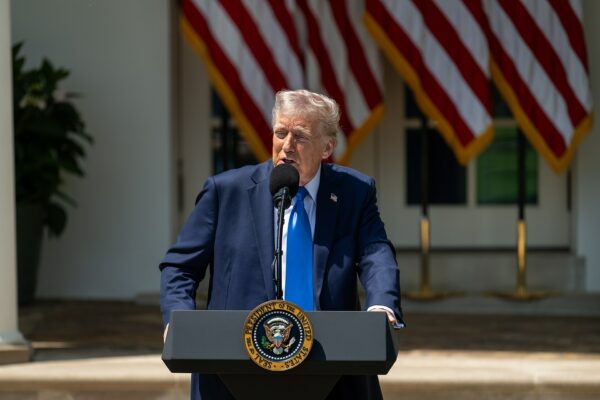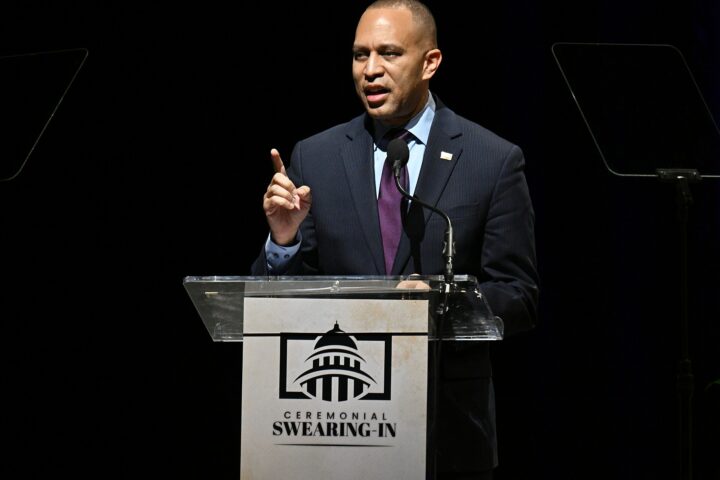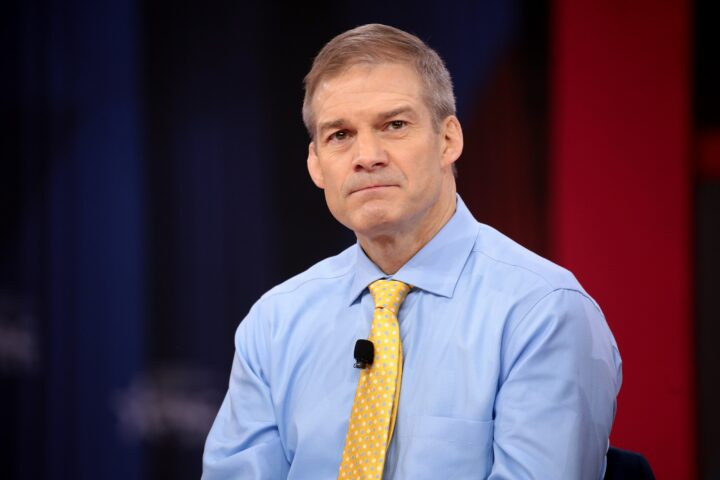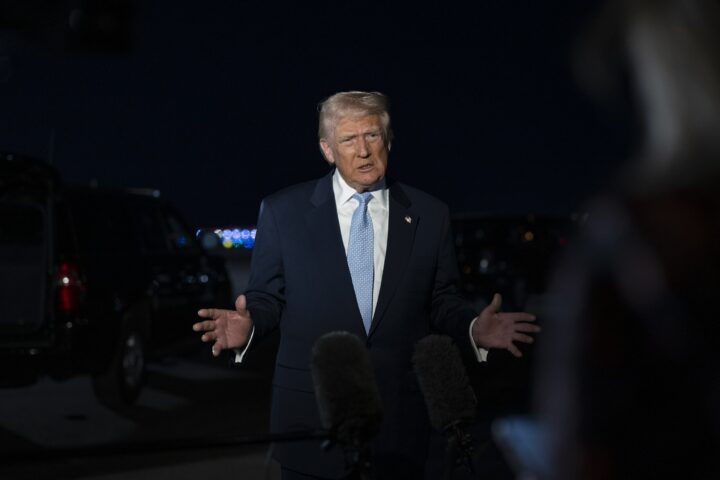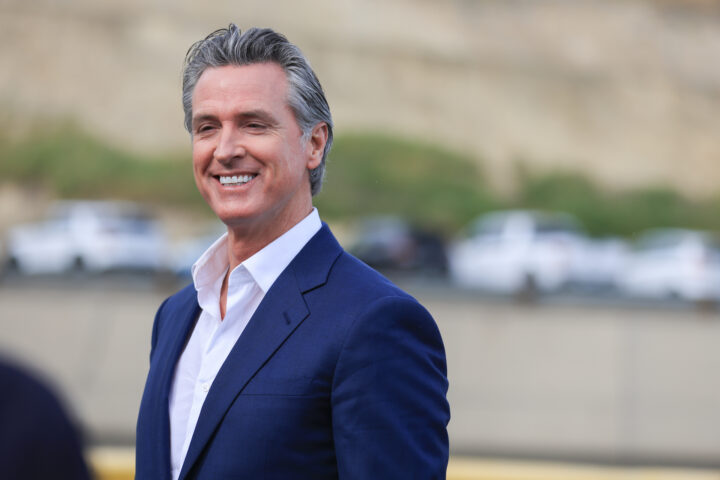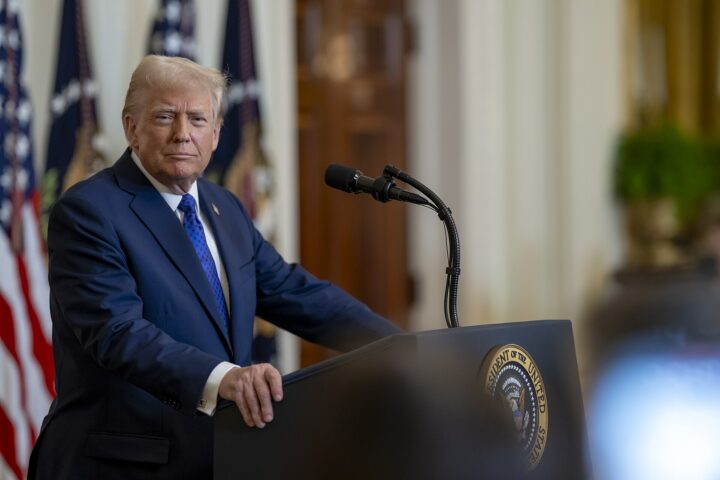In a surprising turn of events, President Donald Trump has now expressed openness to the idea of raising taxes on the wealthy during a stream-of-consciousness rant posted on Truth Social.
In his comments, Trump suggested that even a modest tax increase for high earners could be acceptable if it aimed to support lower and middle-income workers.
He remarked, “The problem with even a ‘TINY’ tax increase for the RICH, which I and all others would graciously accept in order to help the lower and middle-income workers, is that the Radical Left Democrat Lunatics would go around screaming, ‘Read my lips,’” referencing George H.W. Bush’s infamous pledge that ultimately contributed to his electoral defeat.
Trump added, “NO, Ross Perot cost him the Election!” indicating his belief that external factors, rather than tax policy alone, influenced electoral outcomes.
This unexpected commentary comes on the heels of reports indicating that Trump had pressured House Speaker Mike Johnson to consider raising the top tax rate and closing the carried interest loophole during a recent phone call.
This phone call was part of discussions regarding the GOP’s reconciliation bill, which Trump has described as the party’s “big, beautiful bill.”
The intervention signifies a notable shift in Trump’s political stance, especially since the White House has been contemplating increasing taxes on high-income earners for several months.
Speaker Johnson, however, has firmly rejected the idea of raising taxes on the nation’s wealthiest individuals.
In a recent interview, he reiterated the Republican Party’s commitment to tax reductions, stating, “We’re the Republican Party, and we’re for tax reduction for everyone, and that’s a general principle that we always try to abide by.”
His remarks suggest a clear divide within the party, as they navigate the complexities of tax policy and the expectations of their constituents.
This flirtation with higher taxes has ignited discussions within GOP circles, raising questions about the party’s future direction and its relationship with its voter base.
Trump’s comments appear to challenge traditional Republican orthodoxy, which has long favored tax cuts as a means of stimulating economic growth.
The dynamics are complicated further by Trump’s populist appeal, which resonates with many working-class voters who have felt left behind in the current economic landscape.
The political implications of such discussions are significant, as they could influence upcoming legislative priorities and electoral strategies.
With midterm elections approaching, the Republican Party must carefully consider its messaging on fiscal issues to maintain support among its base while also appealing to a broader electorate that may be more receptive to discussions about equity and taxation.
As Trump continues to assert his influence within the party, the tension between traditional conservative values and his more populist inclinations will likely be a focal point in future debates.
The GOP faces a critical juncture, where it must reconcile its foundational principles with the evolving sentiments of its supporters, particularly regarding economic policy.
Trump’s recent comments on potentially raising taxes on the wealthy reflect a significant moment in the ongoing evolution of Republican Party dynamics.
[READ MORE: Trump Appoints Jeanine Pirro as Interim U.S. Attorney for D.C.]

